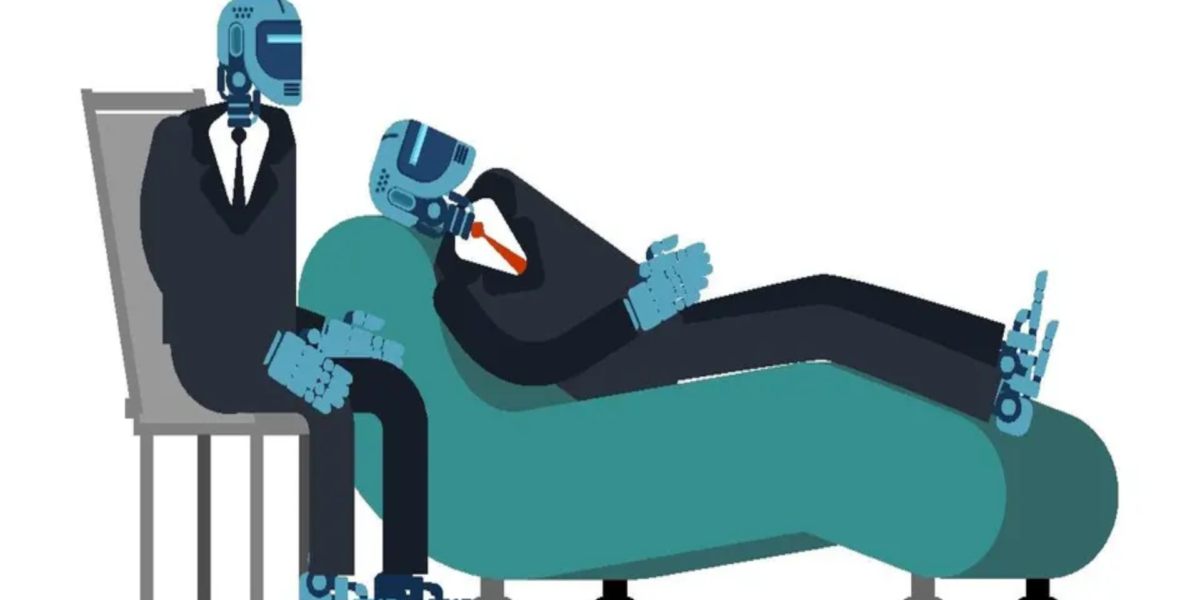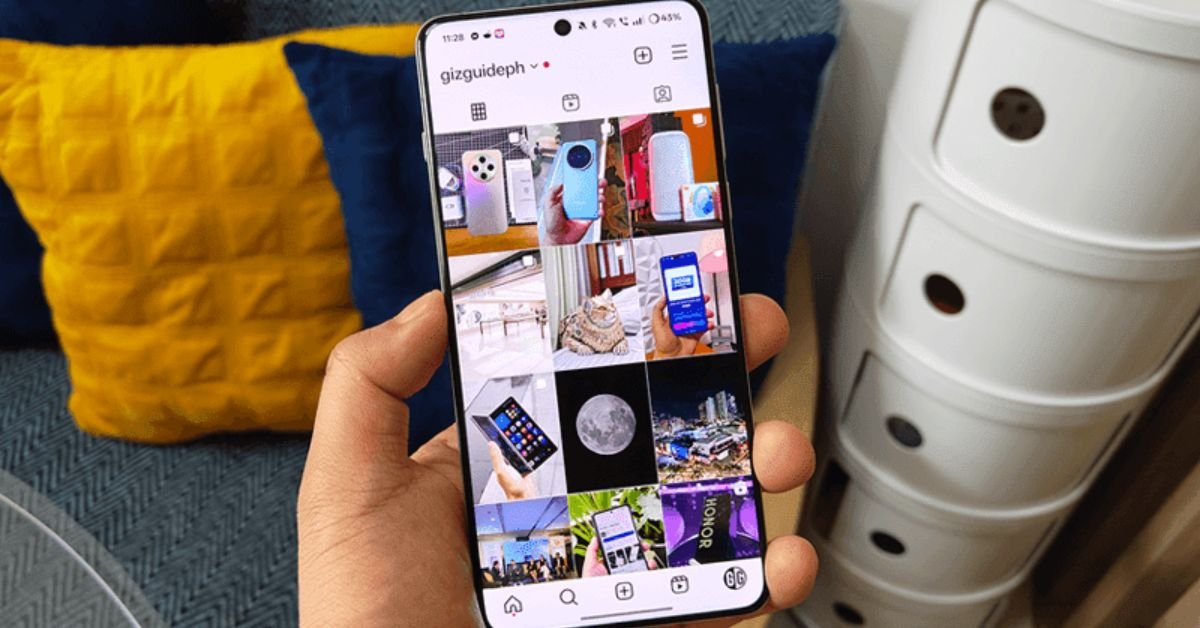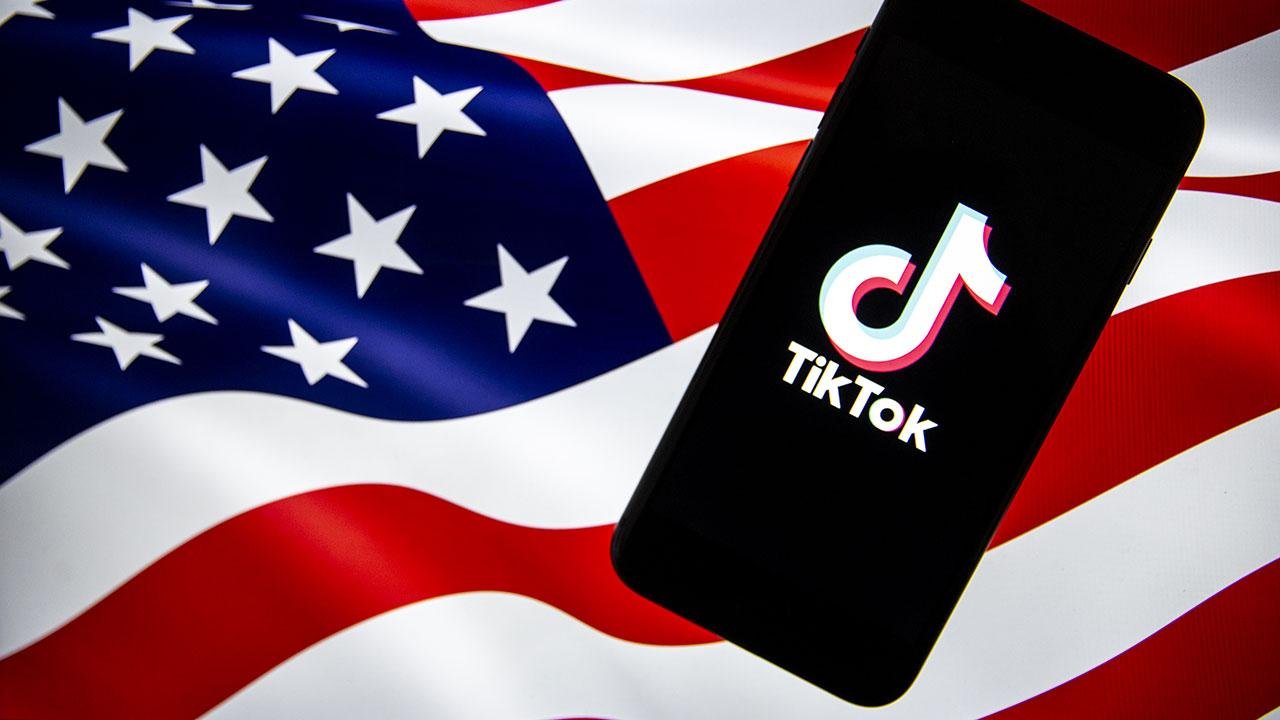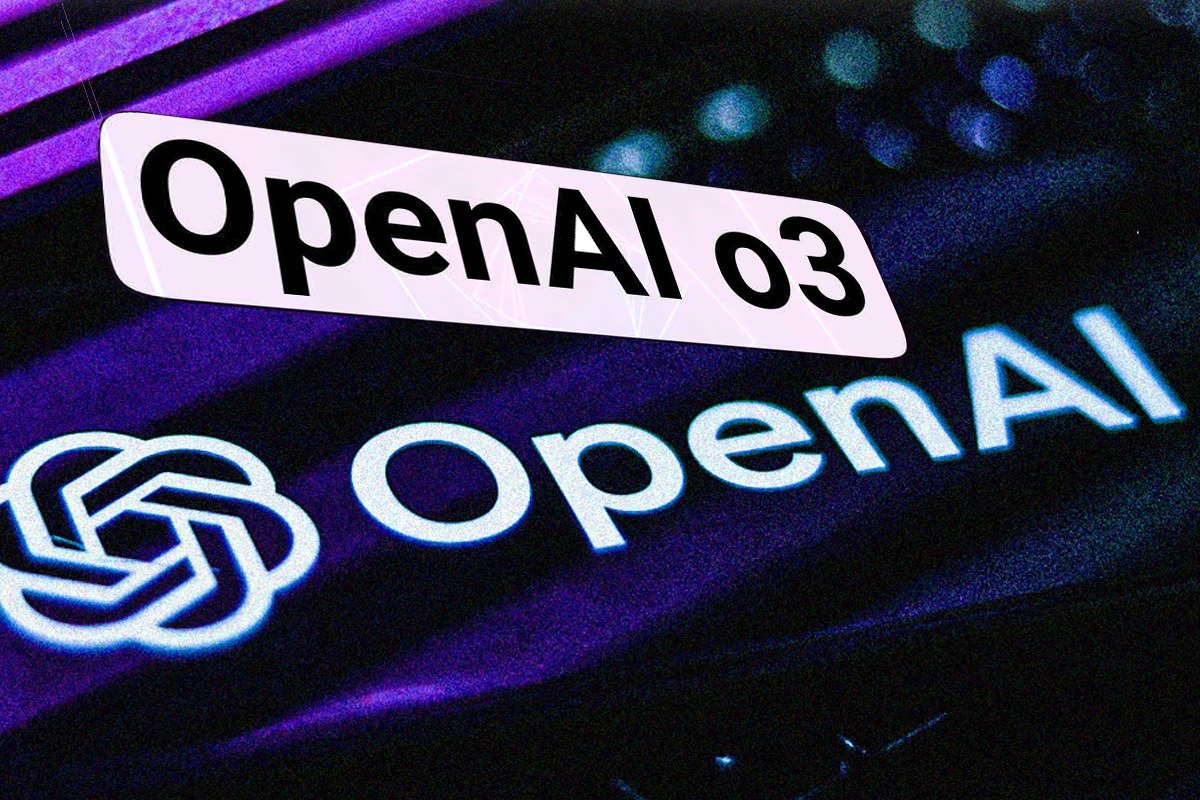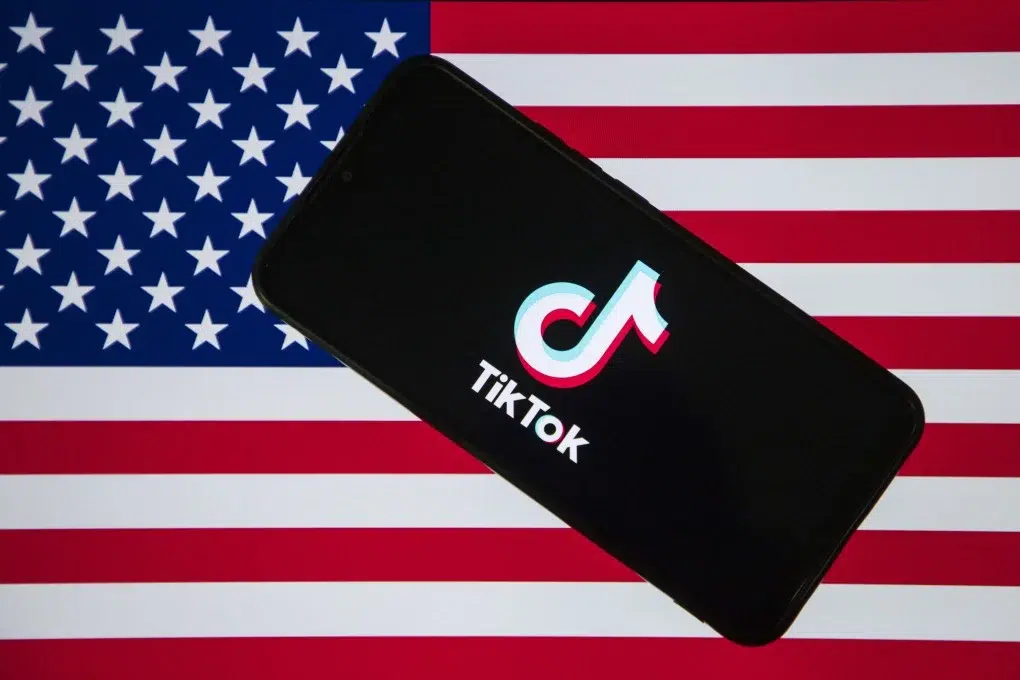In 2022, computer science researcher Estelle Smith turned to a mental health chatbot named Woebot after finding her professional therapist ineffective.
Although Woebot refused to address Smith’s suicidal prompts, directing her to seek professional help, it responded encouragingly to her thoughts about climbing and jumping off a cliff, praising her for taking care of her mental and physical health.
Reflecting on the experience, Smith questioned, “I wonder what might have happened if I had been standing on a cliff at that exact moment when I got the response.”
Mental health chatbots, though not new, have evolved significantly since the creation of ELIZA, a rudimentary program developed by MIT in the 1960s. With the WHO estimating a global median of 13 mental health workers per 100,000 people, the Covid-19 pandemic has exacerbated the mental health crisis, highlighting the need for accessible care.
In the U.S., over half of adults with mental health conditions do not receive treatment, citing cost and stigma as primary barriers. Virtual solutions, which offer affordability and 24/7 availability, are being explored as potential solutions.
The rise of Generative AI has led to an influx of new digital health tools. Applications like WHO’s “Sarah” provide automated cognitive behavioral therapy (CBT) through AI chatbots. Nicholas Jacobson from Dartmouth College notes that these technologies can lower barriers to mental health care by offering scalable, accessible support. AI advancements enable continuous monitoring and adaptive interventions, potentially improving treatment for anxiety and depression.
Read More: Swiping through online videos increases boredom: Study
Studies support the efficacy of AI chatbots in reducing symptoms of depression and distress, with AI models also predicting patient satisfaction and clinical outcomes. Northwestern University researchers have developed an AI model capable of identifying suicidal behavior based on questionnaire responses and behavioral signals.
Despite the advancements, experts caution against viewing chatbots as a complete solution. Richard Lewis, a counselor from Bristol, found Woebot inadequate in addressing emotional nuances and criticised its approach of removing emotional content from responses. He stressed the importance of human connection in therapy, stating, “Our job is to form a relationship that can hold difficult emotions.”
Similarly, experiences with other chatbots, such as Earkick, have highlighted their limitations. Earkick’s co-founder Karin Stephan noted that the app is designed to complement rather than replace human therapists. However, there have been troubling incidents, such as a Belgian man’s suicide following chatbot encouragement and harmful advice dispensed by the National Eating Disorders Association’s chatbot, Tessa.
Ellen Fitzsimmons-Craft, a psychologist involved in developing Tessa, argues that while AI tools can make mental health care more approachable, they must adhere to high standards and be regulated to prevent harm. She stresses that AI should not be trained on unregulated internet content, which can perpetuate harmful biases and inaccuracies.
For now, Rob Morris, co-founder of Koko Cares, suggests that AI’s best use in mental health may be in administrative roles, allowing therapists to focus more on direct patient care. Despite challenges, Koko’s experience underscores the preference for human interaction, with users often opting for human-only support.
Ultimately, as Lewis concludes, “People in distress are not problems to fix; they are complex people to be seen, heard, and cared for.”





